I’m A Celebrity’s Gwyrch Castle was once home for Kindertransport refugees
The estate in Abergele, north Wales, features in the new series of the ITV reality show, but in 1939 it was also a safe haven for 96-year-old Henry Glanz and 200 other children
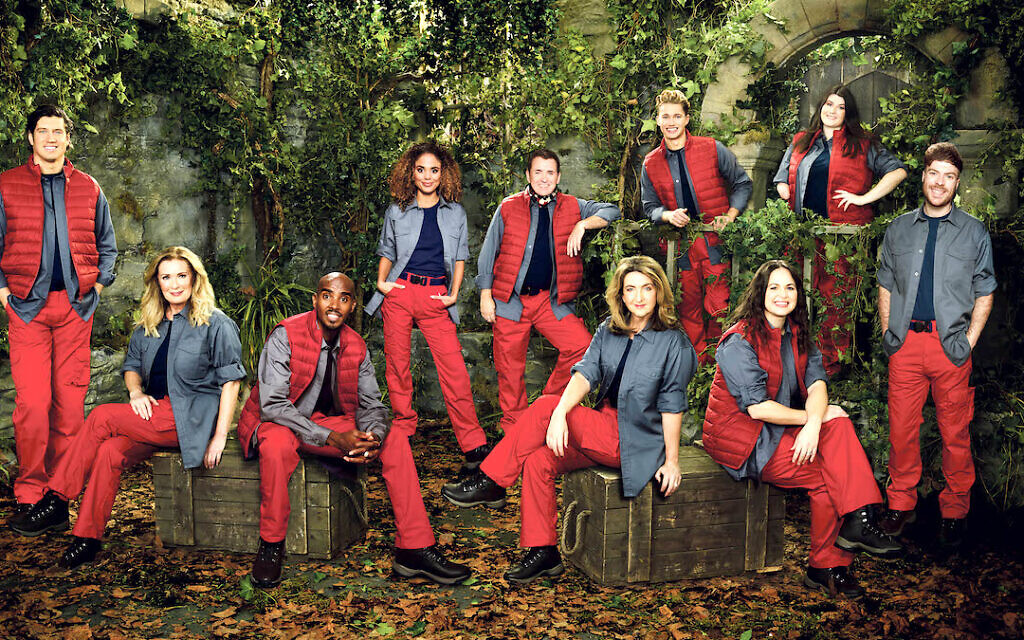
If walls really could talk, then the remains of Gwrych Castle in North Wales would certainly have a captive audience.
While many will know it as the new location of ITV’s reality show, I’m A Celebrity…Get Me Out Of Here!, the Abergele landmark has over the 200 years of its existence served as an aristocratic family house, a training venue for boxing, a medieval entertainment centre and even the backdrop of a Hollywood film.
But for 96-year-old Henry Glanz, Gwrych Castle has served a far more special purpose than all of that – for it was here that he, alongside 200 other children on the Kindertransport found a safe haven from Nazi persecution.
Get The Jewish News Daily Edition by email and never miss our top stories Free Sign Up
Polish-born Glanz was just 15 when he bade farewell to his parents and brother, who were then living in Kiel, Germany, and made his way onto the train that would begin his long journey to Britain.
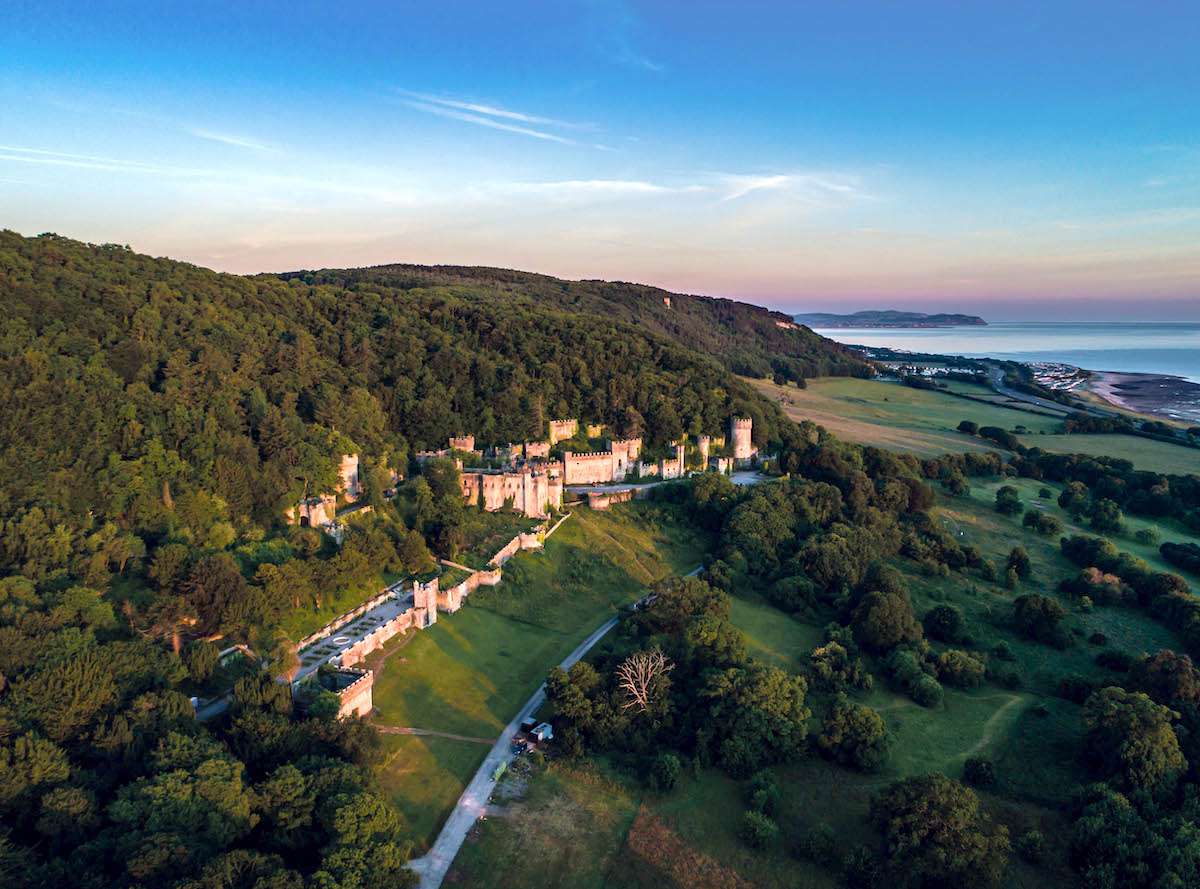
At midnight on 1 September, 1939, the youngsters crossed the Dutch border. Just five hours later, the Nazi forces invaded Poland, prompting Henry to remark: “I must have been one of the last to get out.”
A ferry brought them to Harwich, then they embarked on a train to Liverpool Street and took another from Paddington up to North Wales. The entire journey took the best part of three days and, by the time they had arrived at their final destination, Britain was at war.
With just a few hours’ notice and the help of the Central British Fund (later known as World Jewish Relief), youth movement leader Arieh Handler managed to secure a home for the young refugees.
The sprawling castle that stretches more than 1,500 feet and boasts expansive views of the Irish Sea would become a base for his movement, Bachad, which aimed to prepare the youngsters for pioneering life in Palestine.
Bachad would later evolve into Bnei Akiva and it was here that the first national gathering of the youth movement took place in December 1940. But that was yet months in the making. When Glanz arrived, Gwrych Castle had not been lived in for many years and there were few amenities for the new residents.
Glanz, who today lives in East London, tells me: “When we arrived it was the middle of the night, it was dark and we had to sleep on straw beds. Apparently, the castle had been empty for 15 years.
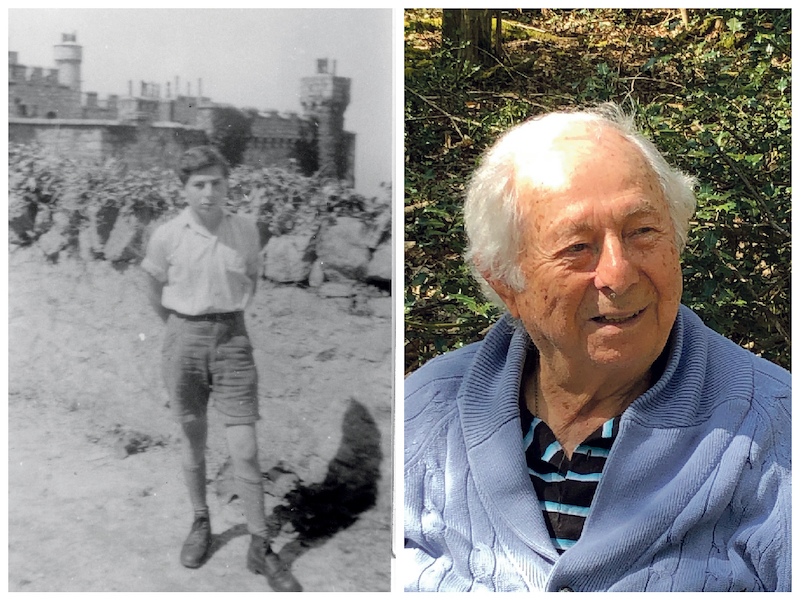
“There was no electricity, no heating, no lighting and no toilets. We had no baths, so we had to wash in the Irish Sea. It was September, so it was quite cold and I discovered that salt water doesn’t dissolve soap!”
But despite their basic beginnings, “things eventually got better”.
Glanz recalls: “They set up Hebrew school and the Quakers from Abergele supplied us with furniture. It was a beautiful area and we worked for the local farmers. Some of the boys worked in the garages, while the girls helped out in the kitchen.”
While the youngsters tried to build some semblance of normality in their lives, they nevertheless worried about the family they had left behind.
“We didn’t know anything about our parents,” says Glanz.
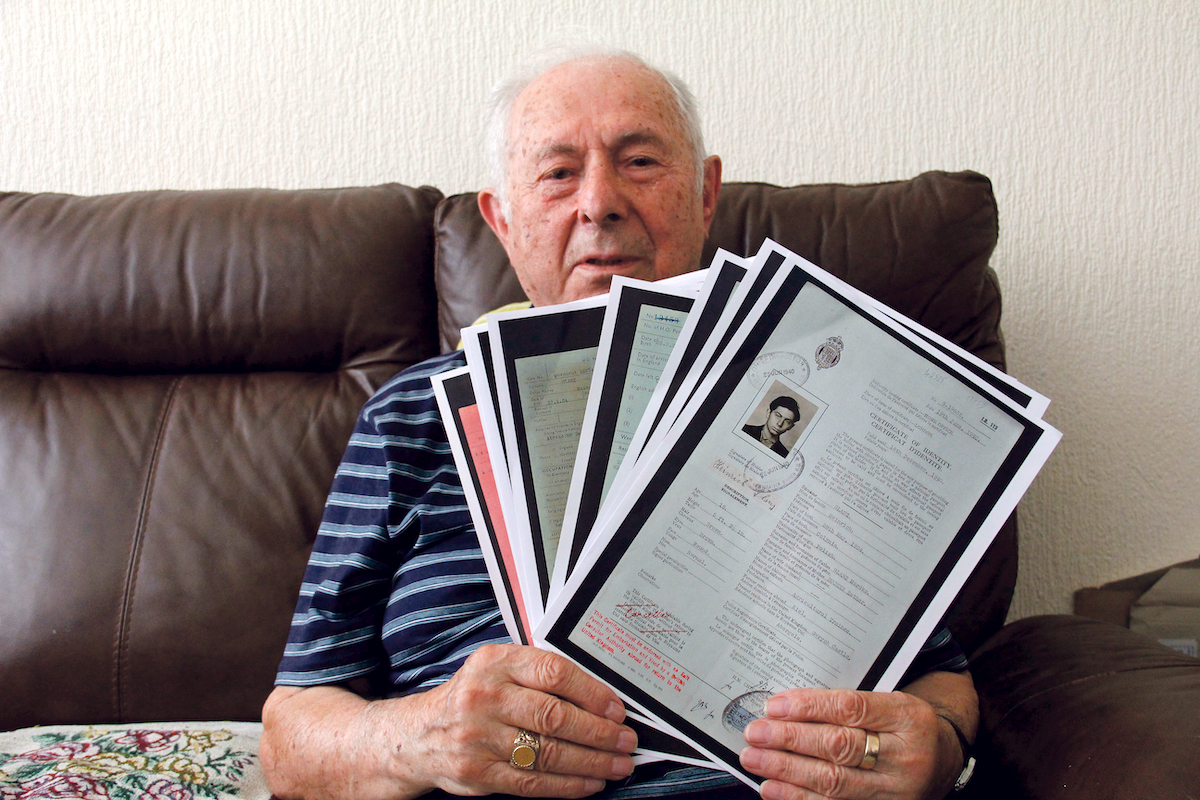
Eventually, he discovered that his father Mordko had been ordered to leave Germany within 72 hours. He ended up in Belgium, while his mother, Esther, and 12-year-old brother, Joachim, were interned in Leipzig.
Glanz was able to write letters to them comprising just 25 words and via the Red Cross once a month.
He reveals: “I had a feeling my father censored some of my letters, because he didn’t want the Germans to know I was in England.”
After a short while, the letters to his mother came back following her deportation “to an unknown address”.
Years later, he discovered that his father had been murdered at Majdenek, while his mother and brother were taken to Auschwitz.
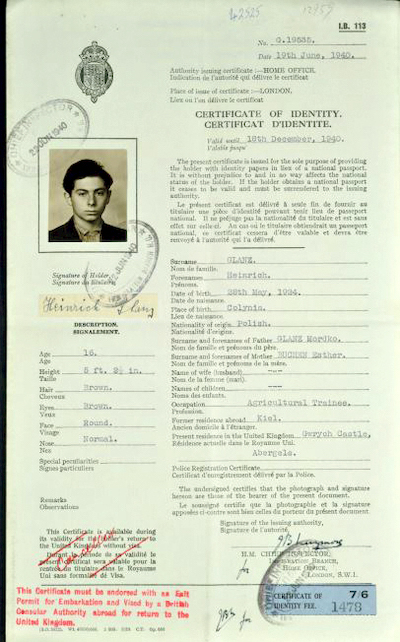
After one year at Gwrych Castle, the youngsters were asked to leave when its owner, the 12th Earl of Dundonald, was forced to sell the estate for financial reasons and it was then requisitioned by the War Office.
Glanz went on to live in different places, including Birmingham and London, where he was reunited iwith his sister, Gisella.
After the war, he served with the American army in Munich as a postal censor, before returning to England and meeting Bobbie, whom he married. She died aged 90 in 2016; they had been married for 67 years.
As for Gwrych Castle, Glanz has fond memories of the place he once called home and revisited it years later with his two sons during a family holiday to Wales.
“They were young at the time and got quite excited when we went to the castle. I showed them all the sights, all the secret passages.”
- I’m A Celebrity…Get Me Out Of Here! continues every night on ITV, 9pm

Thank you for helping to make Jewish News the leading source of news and opinion for the UK Jewish community. Today we're asking for your invaluable help to continue putting our community first in everything we do.
For as little as £5 a month you can help sustain the vital work we do in celebrating and standing up for Jewish life in Britain.
Jewish News holds our community together and keeps us connected. Like a synagogue, it’s where people turn to feel part of something bigger. It also proudly shows the rest of Britain the vibrancy and rich culture of modern Jewish life.
You can make a quick and easy one-off or monthly contribution of £5, £10, £20 or any other sum you’re comfortable with.
100% of your donation will help us continue celebrating our community, in all its dynamic diversity...
Engaging
Being a community platform means so much more than producing a newspaper and website. One of our proudest roles is media partnering with our invaluable charities to amplify the outstanding work they do to help us all.
Celebrating
There’s no shortage of oys in the world but Jewish News takes every opportunity to celebrate the joys too, through projects like Night of Heroes, 40 Under 40 and other compelling countdowns that make the community kvell with pride.
Pioneering
In the first collaboration between media outlets from different faiths, Jewish News worked with British Muslim TV and Church Times to produce a list of young activists leading the way on interfaith understanding.
Campaigning
Royal Mail issued a stamp honouring Holocaust hero Sir Nicholas Winton after a Jewish News campaign attracted more than 100,000 backers. Jewish Newsalso produces special editions of the paper highlighting pressing issues including mental health and Holocaust remembrance.
Easy access
In an age when news is readily accessible, Jewish News provides high-quality content free online and offline, removing any financial barriers to connecting people.
Voice of our community to wider society
The Jewish News team regularly appears on TV, radio and on the pages of the national press to comment on stories about the Jewish community. Easy access to the paper on the streets of London also means Jewish News provides an invaluable window into the community for the country at large.
We hope you agree all this is worth preserving.
- Features
- Gwrych Castle
- I’m A Celebrity…Get Me Out Of Here
- Henry Glanz
- Bachad
- bnei akiva
- Red Cross
- 12th Earl of Dundonald
- Vernon Kay
- Beverley Callard
- Sir Mo Farah CBE
- Jessica Plummer
- Shane Richie
- victoria derbyshire
- AJ Pritchard
- Giovanna Fletcher
- Hollie Arnold MBE
- Jordan North
- Kindertransport
- Ant Mcpartlin
- Declan Donnelly
- ITV
- Feature
- Kosher Culture
- Arts
- Film and TV
-
By Laurent Vaughan - Senior Associate (Bishop & Sewell Solicitors)
-
By Laurent Vaughan - Senior Associate (Bishop & Sewell Solicitors)
-
By Laurent Vaughan - Senior Associate (Bishop & Sewell Solicitors)
-
By Laurent Vaughan - Senior Associate (Bishop & Sewell Solicitors)





















